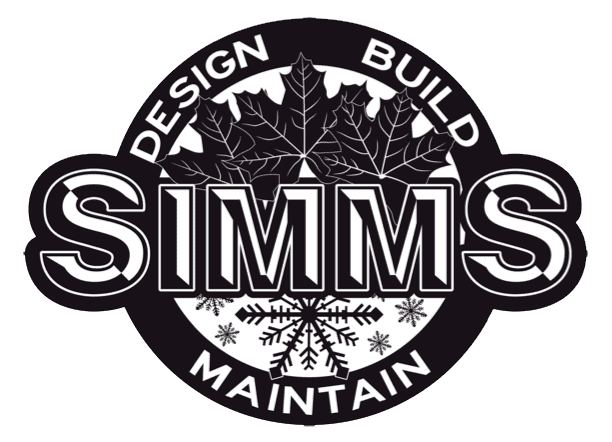A spike in your water bill almost always traces back to irrigation. Overwatering is the most common culprit—systems often run too long or too often, especially if schedules weren’t adjusted for the season. Hidden leaks can also waste hundreds of gallons per week, particularly if freeze–thaw cycles cracked fittings underground. Poorly designed systems may water sidewalks or overlap inefficiently, compounding waste. In Salt Lake and Davis Counties, most lawns need only 20–30 minutes of water per zone, two to three times per week in summer. Anything more is usually excess. Ask your landscaper for an irrigation audit; many local water districts provide them at little or no cost. They’ll test distribution, check for leaks, and recommend adjustments. Upgrades like smart controllers and drip irrigation for beds improve efficiency further. A well-designed, properly programmed system should reduce—not raise—your bill. If costs keep climbing, the system likely needs calibration or repair.
Why is my water bill so high after landscaping work?
Related FAQs
-
Is it normal for evergreens to turn brown in winter from a landscape company?
Some browning is normal in Utah winters due to “winter burn,” where dry winds and frozen soil prevent evergreens from…
-
Did my landscape company install the plants I ordered?
The easiest way to verify plant installation is to compare the contract’s plant list to what was delivered and installed…
-
What typically fails in the first year from a landscape company?
The most common first-year failures are plant loss and irrigation glitches. In Utah’s hot, dry summers, newly installed sod or…
